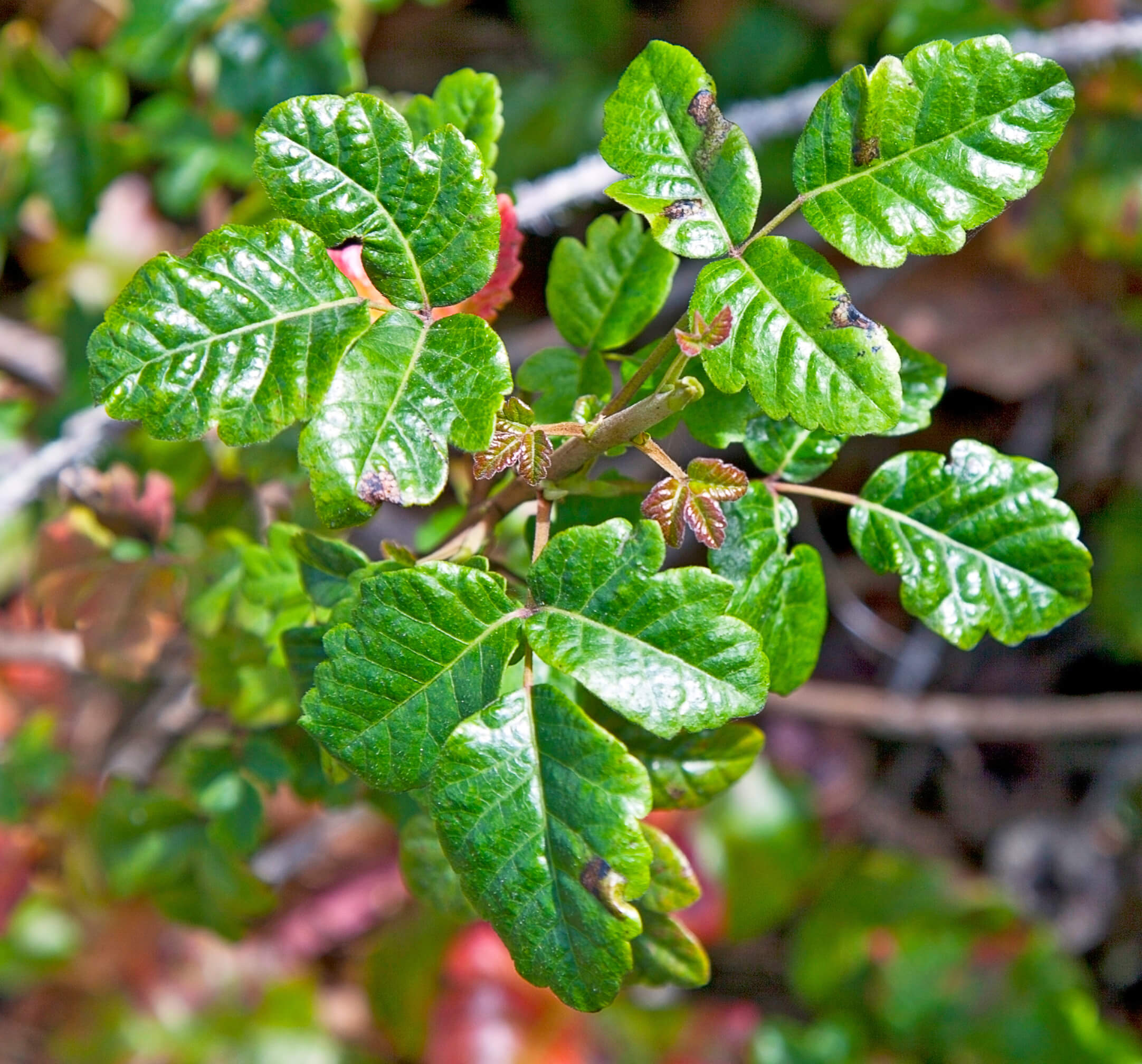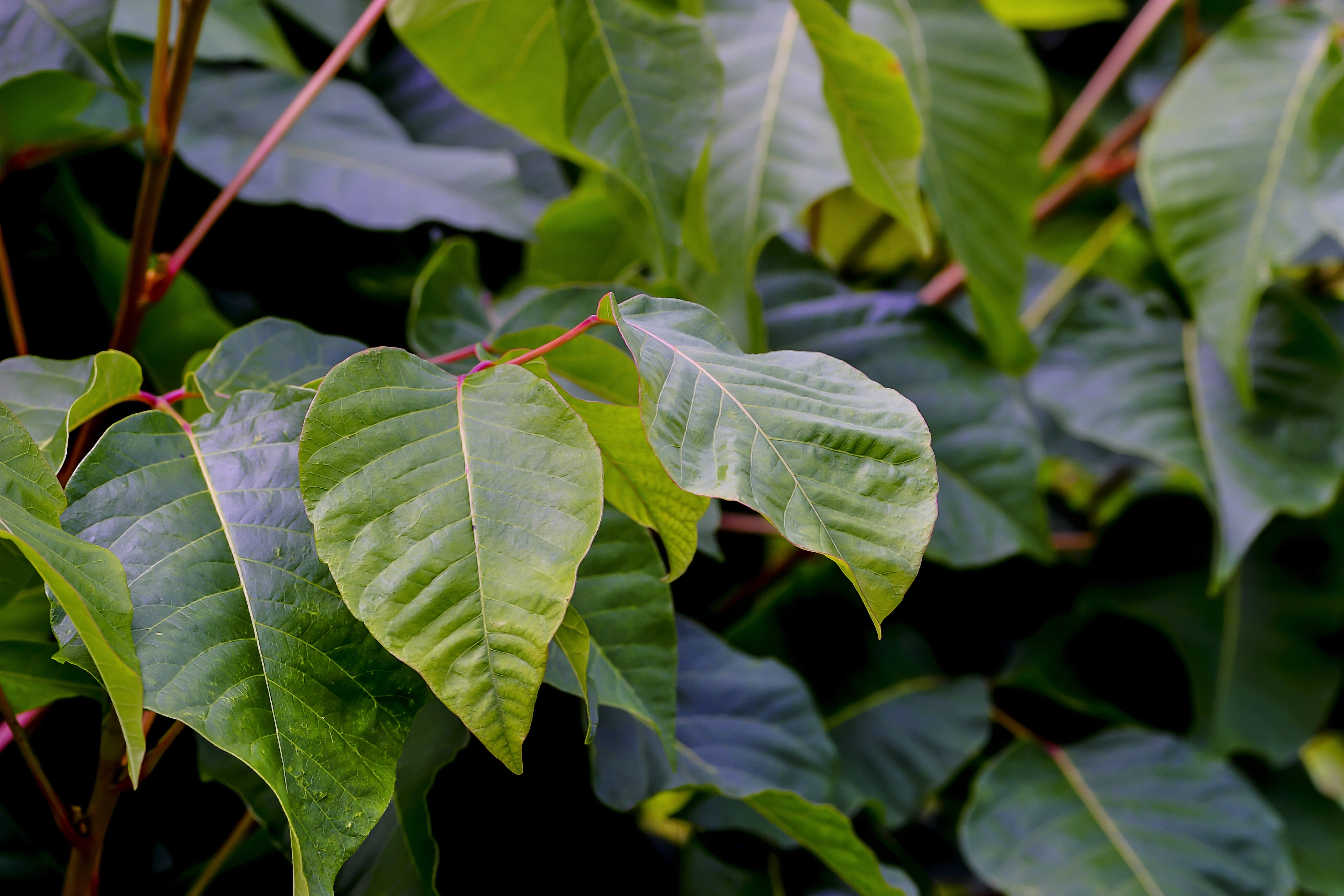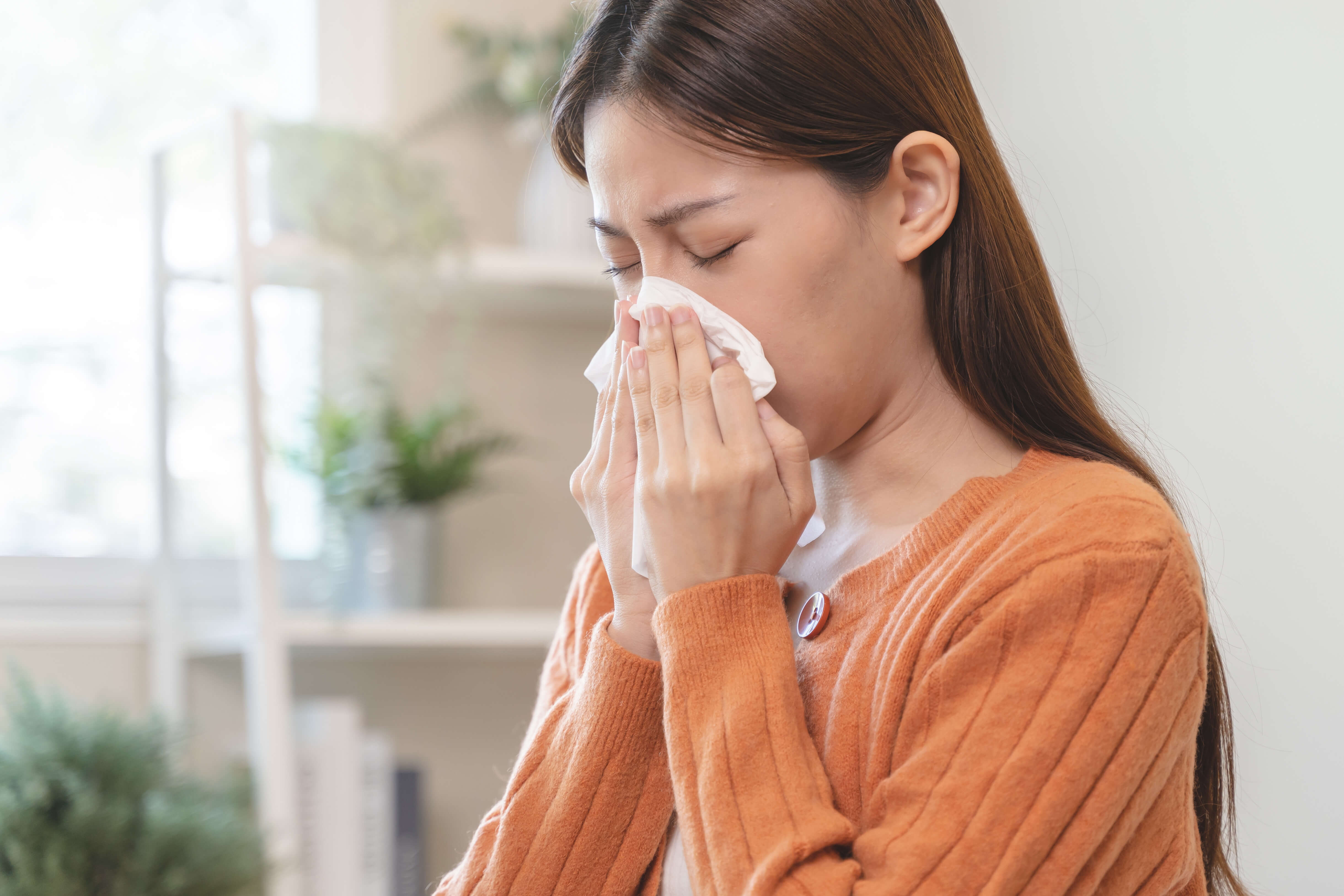Summer Safety: Protecting Kids During Outdoor Play
Summer Safety Tips for Families
The summer months bring excitement and adventure for children. Many enjoy playing outside, visiting the beach and going camping.
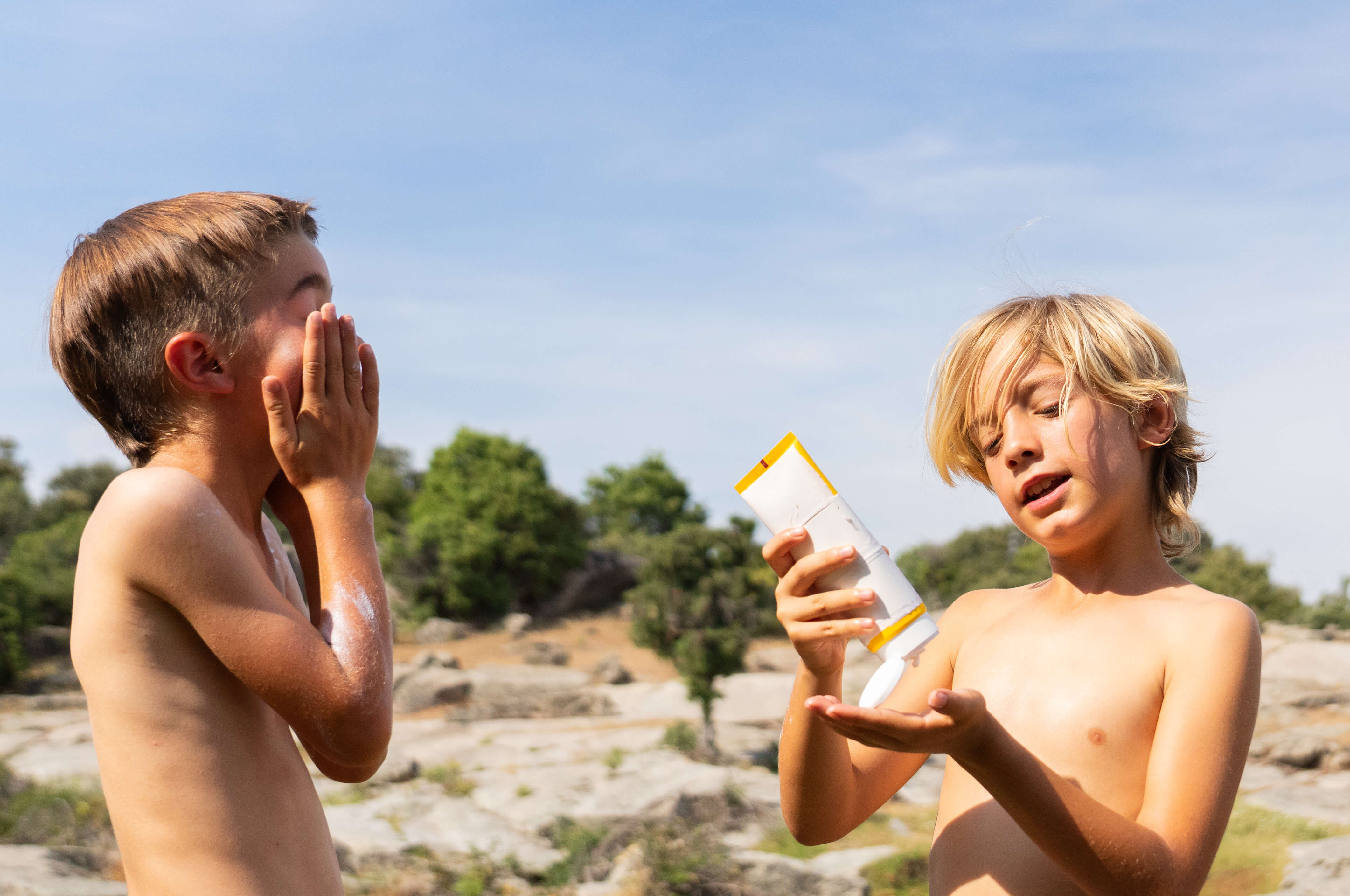
However, as temperatures rise, dehydration, injuries, insect bites, and rashes are
common health concerns during this season. Parents and caregivers should be especially
mindful during heat advisories and take proactive steps to keep children safe while
they enjoy the outdoors.
As a rule of thumb, stop for a drink at least every hour and reapply sunscreen every
two hours, especially on hot days.
Children's Health and Safety
Summer activities like riding a bike and visiting playgrounds are beneficial for a child's development.
- Helmets can help protect your child from a serious brain or head injury.
- To ensure safety and a healthy child all summer long, it's crucial to use sunscreen.
- The CDC recommends limiting sun exposure between 10 a.m. and 4 p.m., when its UV rays are at their highest level.
Summers in East Tennessee can be hot, humid and potentially dangerous. In June 2025, the region experienced a heat wave, with index values soaring up to 107°F. This prompted advisories across multiple counties, as reported by East Tennessee Weather. The high index values are expected to persist throughout the remainder of the summer.
According to the American Academy of Pediatrics, when the heat index is 90°F or higher, it becomes unsafe for extended outdoor play. Factors such as direct sunlight, lack of hydration, and limited shade can increase the risk even further.
It’s important to keep an eye on extended outdoor play and to find creative ways for kids to play indoors during extremely hot summer days. If indoor play isn't an option, consider going to a swimming pool. However, always remember to closely supervise children any time they are near water.
Bug Bites
There are a number of insects that will bite or sting. Here are a few tips from the CDC to help protect your family from insects:
- When in areas with a high population of ticks and mosquitoes, such as wooded areas or near bodies of water, wear long sleeves.
- Use an EPA-approved insect repellent that contains picaridin, lemon eucalyptus oil, or DEET.
- After spending time outdoors, thoroughly check yourself for ticks, paying particular attention to areas under your arms, on your scalp and behind your ears.
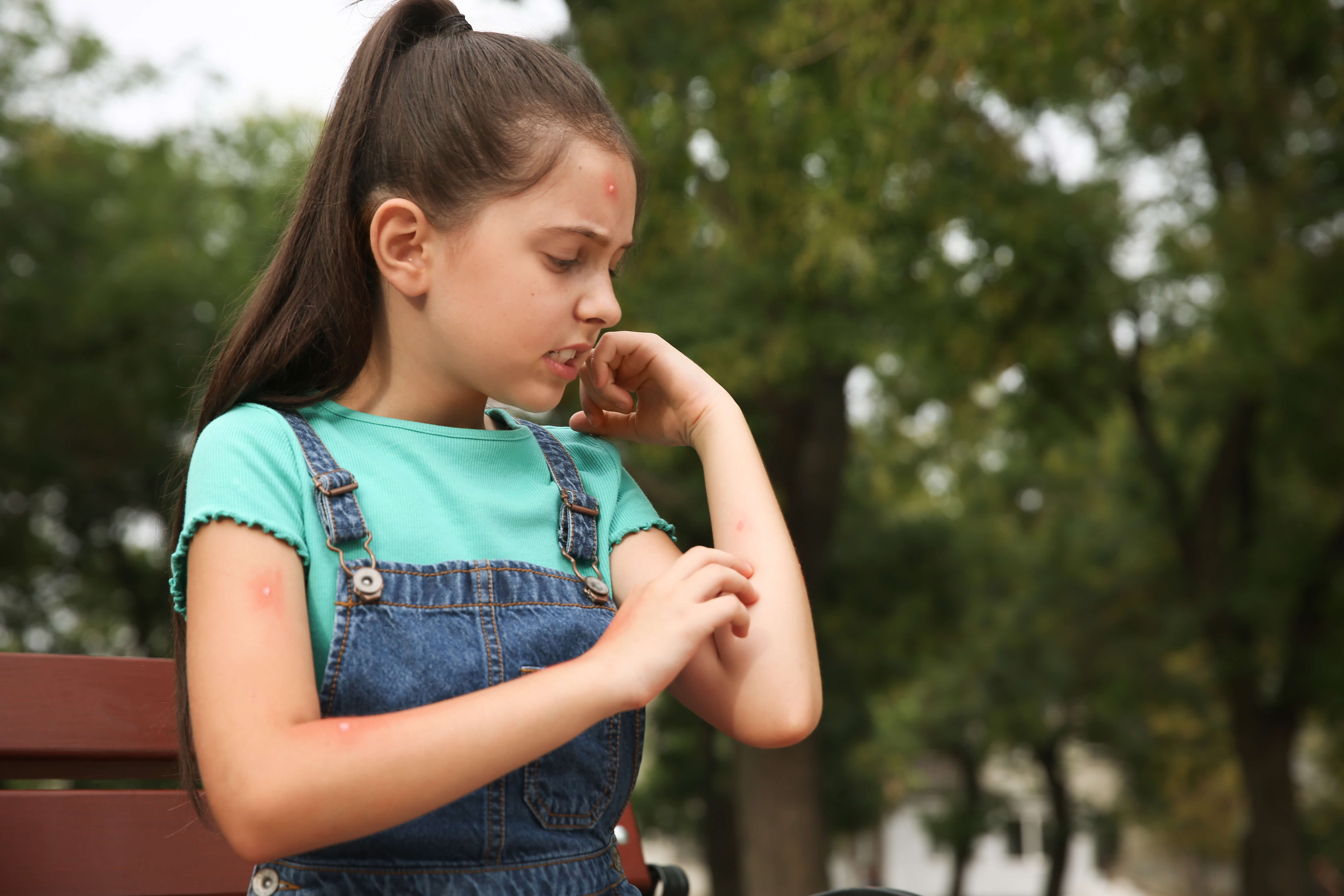
Poisonous Plants
According to the U.S. Food & Drug Administration, plants such as poison ivy, poison oak and poison sumac can cause rashes on people that come in contact with them. It is important to know how to avoid these plants and what to do if exposure to the plants happens.
Poison Ivy
Poison Oak
Poison Sumac
- Be familiar with identifying poisonous plants. A common saying is "leaves of three, let it be." The CDC refers to poison oak and poison ivy having clusters of three leaves.
- When working in or traveling through areas that have poisonous plants, wear protective clothing such as gloves and long sleeves.
- If exposed to a poisonous plant, wash the affected area immediately with soap and water. People react differently to exposure. Often over-the-counter medications that relieve inflammation and itchiness will provide relief. In cases where the rash spreads or a fever is present, a doctor should be seen.
Summer is a great time for outdoor fun. Safety remains a top priority for all. Whether it’s applying sunscreen, staying hydrated in extreme heat, wearing a helmet when needed or watching out for bugs and poisonous plants, these steps can help families enjoy a fun and healthy summer.
Searching for a pediatrician who offers friendly, expert care?
Schedule Your Child Today!

